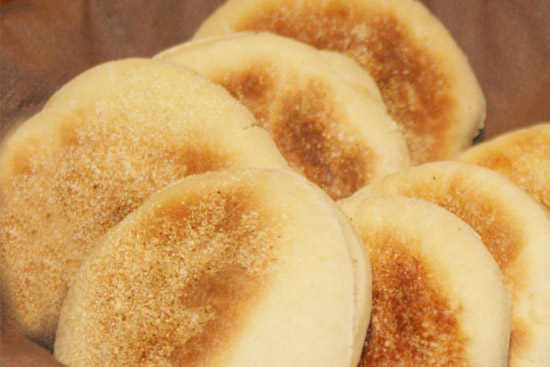
The trick is to allow more time and a slower rise to improve the flavor and texture of the muffins. This recipe also makes a firmer dough than some other English muffin recipes, it makes the dough much easier to work with. This recipe is inspired by http://www.emmachristensenmedia.com/
This policy contains information about your privacy. By posting, you are declaring that you understand this policy:
This policy is subject to change at any time and without notice.
These terms and conditions contain rules about posting comments. By submitting a comment, you are declaring that you agree with these rules:
Failure to comply with these rules may result in being banned from further commenting.
These terms and conditions are subject to change at any time and without notice.
The latest
The latest
Comments (0)